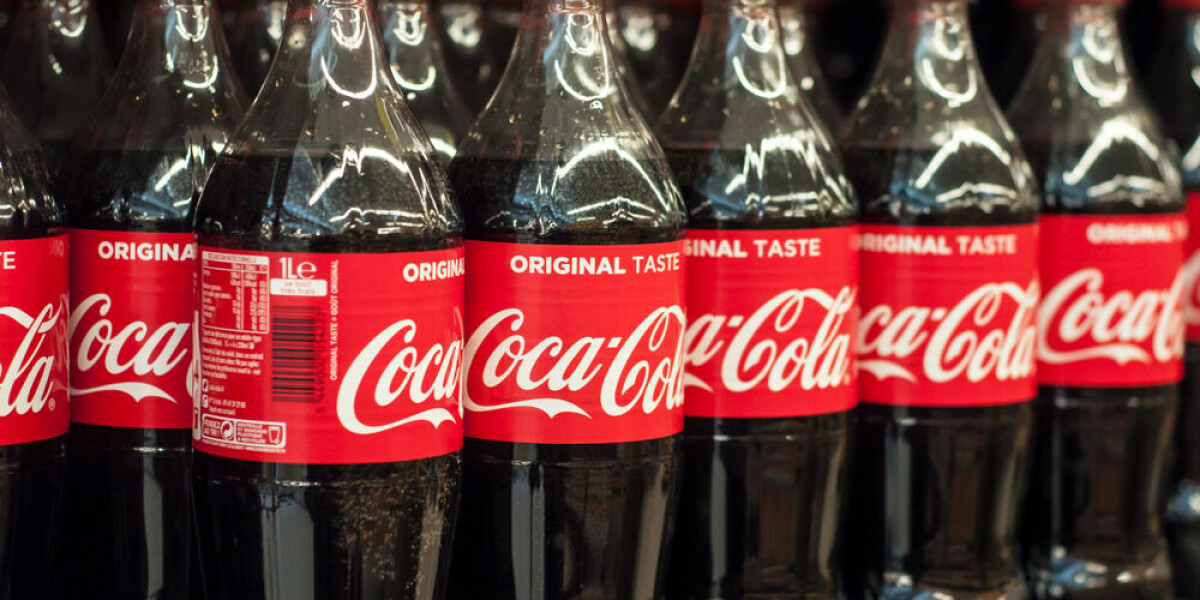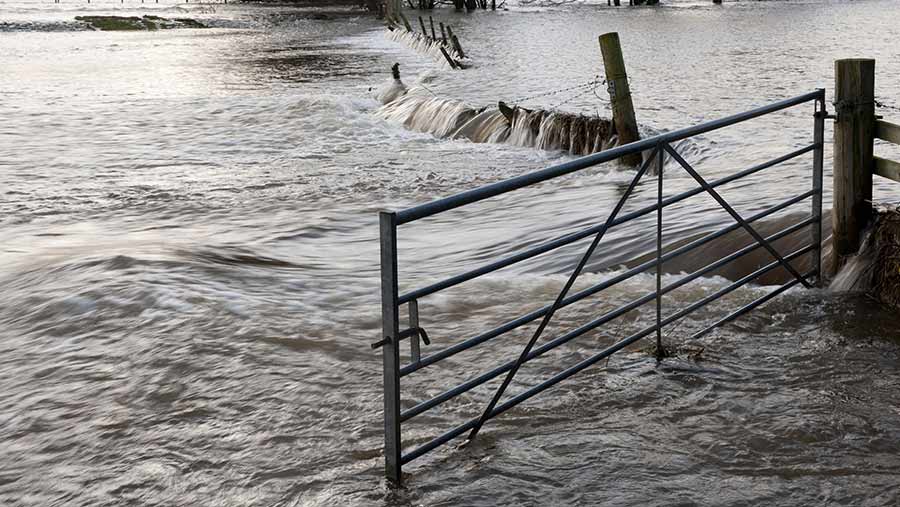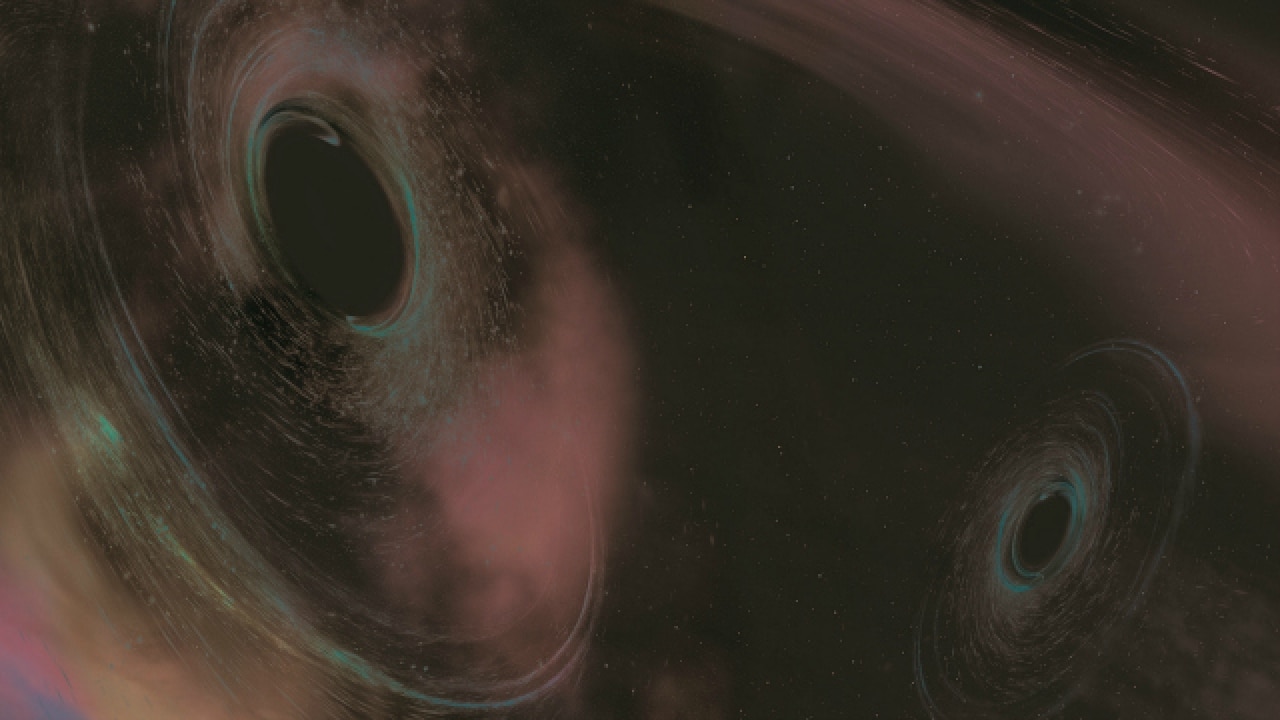
- Select a language for the TTS:
- UK English Female
- UK English Male
- US English Female
- US English Male
- Australian Female
- Australian Male
- Language selected: (auto detect) - EN
Play all audios:
PRODUCTS BOTTLED IN BELGIAN FACTORY CONTAIN TOO MUCH CHLORATE. TWO LOTS OF PRODUCTS HAVE BEEN RECALLED IN FRANCE AFTER COUNTRY WAS INITIALLY ABSENT FROM RECALL LIST A mass recall of soft
drinks from the Coca-Cola company is underway in several European countries as the drinks contain above-authorised amounts of chlorate - however only a small number of French products have
been affected. Two lots of affected products were transported to France, but the manufacturer said they had informed distributors of the sale prior to them being put on store shelves, so the
products did not need to be recalled. On Tuesday (January 28) evening however, Coca-Cola Europacific Partners said a "very limited number" of French products were affected and
were subject to a recall. These are: * Fuze Tea Pêche 33cl cans with production code ‘335 GE2’ * Coca-Cola Sans Sucres 1L glass bottles with production code ‘337 GE1’ More information on
the affected French products can be found on the official RappelConso recall site, here (for the Coca-Cola product) and here (for the Fuze Tea). The wider recall includes different types of
products under the Coca-Cola, Sprite, Fanta, Fuze Tea, Minute Maid, Nalu, Royal Bliss and Tropico brands, bottled at the company’s European plant in Belgium. It includes glass and plastic
bottles as well as cans. Drinks with a production code between 328 GE to 338 GE (inclusive) are impacted. They were sold in The Netherlands, Belgium, Germany, Luxembourg and the UK. The
production code can be found on the bottom of the can or on the label of the glass bottle. Further information on how to find the code can be found on the Belgian food safety watchdog
(Afsca) website. Affected products can be returned to the point of purchase for a full refund. ARE HEALTH RISKS SIGNIFICANT? “Long-term exposure to chlorate in food, especially in drinking
water, is a potential health concern for children, especially for children with mild to moderate iodine deficiency,” says the European Food Safety Authority (Efsa). Coca-Cola stated that the
risk of health issues from drinking a contaminated product is ‘very low’, with Efsa adding that it is unlikely anyone could drink enough in a single day to go over the recommended maximum
levels. Read more: Cheeses sold in French supermarkets recalled due to risk of E.coli







